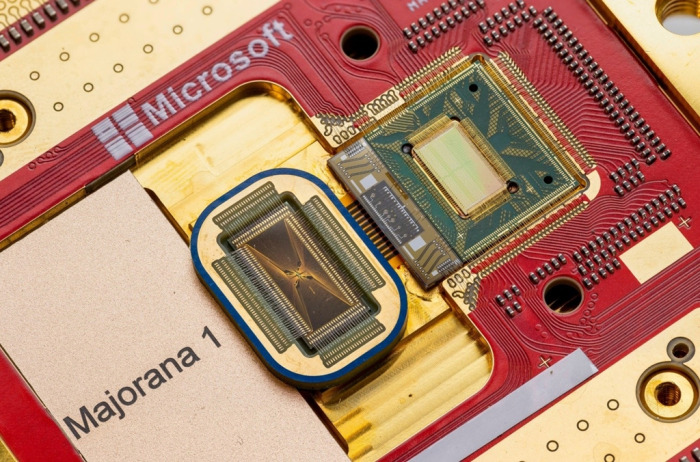
In 2021, Microsoft Corp. faced a significant scientific embarrassment when a landmark paper it had sponsored was retracted.
Published in the US science magazine Nature in 2018, the paper claimed the first discovery of Majorana fermions – a theoretical particle essential for topological quantum computing.
However, mounting criticism from the global physics community over serious data analysis errors forced Microsoft and its researchers to withdraw the findings.
Now, four years later, the tech giant is once again at the center of a heated debate.
Last week, Microsoft announced that it made a key breakthrough in quantum computing, unlocking the potential for quantum computers to solve industrial-scale problems quickly and accurately.
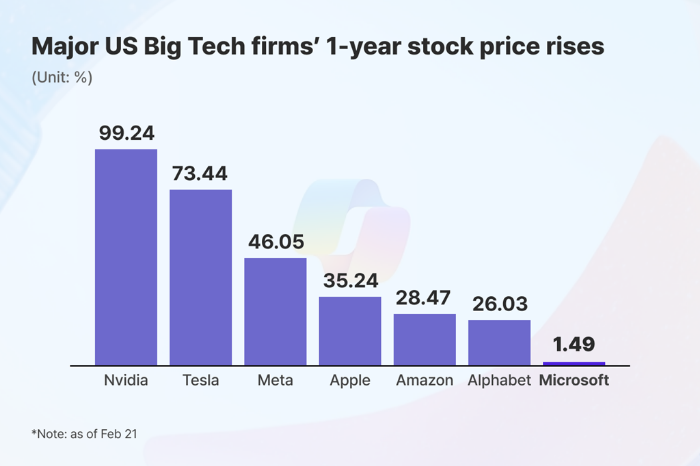
While unveiling the Majorana 1 chip, Microsoft’s first quantum processor, the company said it had successfully implemented topological qubits in hardware, a milestone that, if validated, could revolutionize quantum computing.
At the core of a quantum computer are qubits, a unit of information in quantum computing much like the binary bits that computers use today.
The software giant said Majorana 1 could potentially fit a million qubits onto a single chip that’s not much bigger than the CPUs inside desktop PCs and servers.
A QUANTUM DÉJÀ VU?
Yet, many physicists are skeptical, questioning Microsoft’s eagerness to make public claims before conclusive evidence is available.
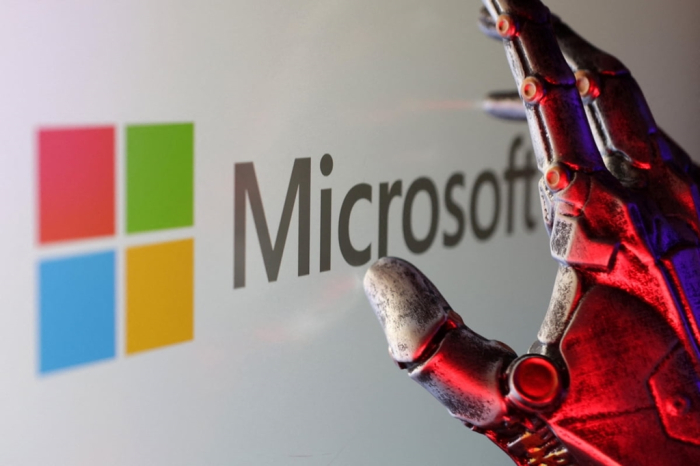
Prof. Vincent Mourik at Delft University of Technology in the Netherlands, who played a key role in debunking Microsoft’s 2018 paper, is unconvinced.
At a fundamental level, Microsoft’s approach to building a quantum computer based on topological Majorana qubits is unlikely to work, he said.
Paul Stevenson, a physics professor at the University of Surrey, echoed these concerns, saying that it is uncertain whether the technology will lead to a practical quantum computer.
Georgios Katsaros, a researcher at Austria’s Institute of Science and Technology, bluntly remarked that he has yet to see data confirming the existence of topological qubits, so “there is nothing to comment on.”
PREMATURE CLAIMS
The skepticism extends beyond theoretical doubts.
Some experts argue that Microsoft’s latest announcement reflects a pattern of premature claims meant to bolster its standing in the tech industry.
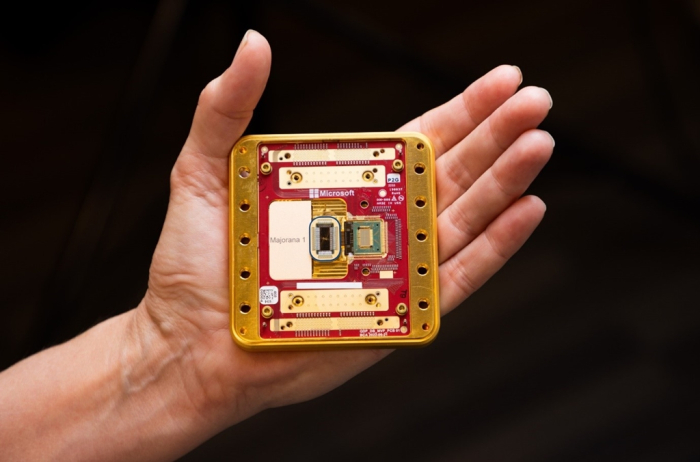
“Releasing a paper without fully proving topological qubits looks more like a marketing strategy than a scientific breakthrough,” said Jeongho Bang, director of the Quantum Computing Center at Yonsei University in Seoul.
Sankar Das Sarma, a leading quantum physicist at the University of Maryland, warned in MIT Technology Review that far more progress is needed before assuming the Microsoft research will lead to commercial quantum computers.
RACE TO COMMERCIAL QUANTUM COMPUTING
Industry watchers said Microsoft’s rush to showcase quantum advancements may be linked to its struggles in other tech sectors.
Despite an early investment in OpenAI, Microsoft has failed to emerge as the leading player in the AI industry.
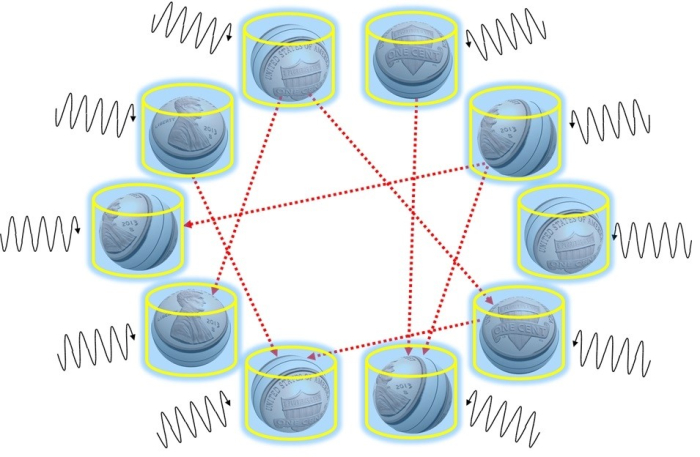
Meanwhile, in the cloud computing market, its Azure platform holds a 20% share as of the third quarter of 2024 – well below Amazon Web Services’ (AWS) 31% share.
Analysts said these challenges have weighed on its stock performance, with Microsoft shares rising a mere 1.49% over the past year, lagging behind the broader tech sector’s surge.
SUPERCONDUCTOR
If Microsoft can successfully commercialize topological quantum computing, it could leapfrog competitors such as Google, IBM, and IonQ, which rely on superconducting qubits, ion traps and neutral atom approaches – each with their own stability challenges.
Unlike these methods, Microsoft’s approach seeks to harness materials with intrinsic superconducting properties, theoretically reducing quantum errors and enhancing stability.
However, many scientists remain unconvinced that Microsoft has provided sufficient evidence to back up its claims.
Critics note that its Majorana 1 chip remains at a theoretical stage and lacks computational proof of its ability to support practical quantum operations.
As Microsoft continues its push to lead the quantum race, the question remains: is it making genuine scientific progress, or is it repeating past mistakes in its eagerness to claim a breakthrough?
By Hyeon-woo Oh and Kyoung-Ju Kang
ohw@hankyung.com
In-Soo Nam edited this article.















